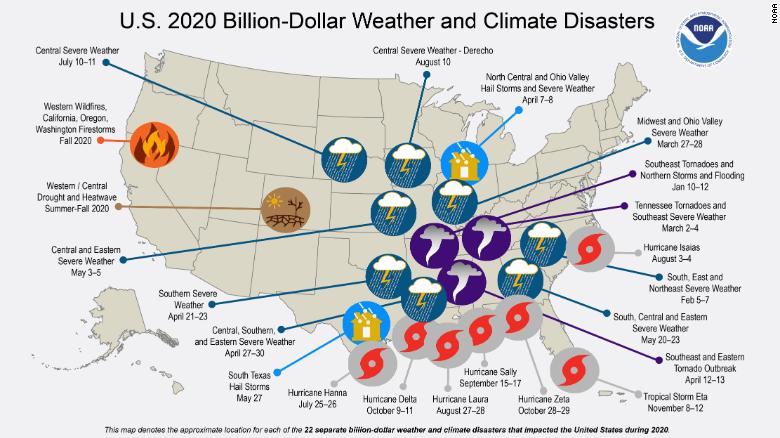afransen
Senior Member
Are you saying you're only pro fusion, and not fission?As someone who is pro (within reason) nuclear, I take issue with that statement - nuclear fusion in the sun is utterly different from nuclear fission of transuranic elements.
AoD
Fission power has a lot of potential and can be designed to be quite safe and leave minimal, and rather short lived waste. There is a lot of development going on, particularly by Canadian firms, of new reactor technology. Fission is going to be very important, particularly for providing industrial heat, where other renewable energy forms will struggle to displace fossil fuels.





/cloudfront-us-east-1.images.arcpublishing.com/tgam/22DE7MKUMNA3VLROHGUWTAO57A.JPG)
